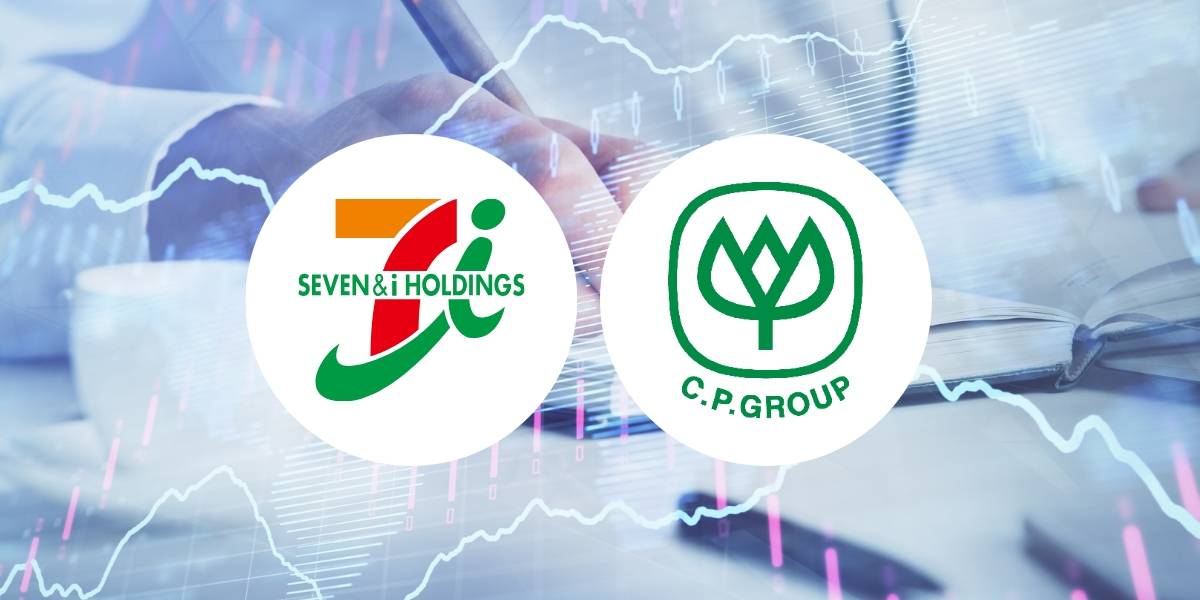Retail conglomerates are rushing to take ownership of 80,000 7-Eleven stores around the world through the acquisition of Seven & i, the Canadian Alimentation Couche-Tard was considered a top prospect until it was reported that the founding family of Seven & i was in talks with Thailand’s CP Group to swoop in.
Couche-Tard operates approximately 16,700 stores globally under brands such as Couche-Tard, Circle K, and On the Run. It has a significant partnership with Family Mart, which began in 1979 with Circle K stores in Japan. The Canadian retailer was looking to acquire Seven & i for $47 billion and could rebrand 7-Eleven to Family Mart if the transaction goes through.
Charoen Pokphand Group (CP Group) is Thailand’s largest private company and one of the world’s largest conglomerates. Its subsidiary, CP All, owns 15,000 7-Eleven stores across the country. However, it was reported that the founding family of Seven & i is driving the price to $58 billion in a management buyout to prevent the acquisition by Couche-Tard.
CP Group is considering participating in the management buyout of Seven & i. This could require CPALL or CPAXT (a related company) to issue significant amounts of debt or raise capital
CPALL neither admits nor denies the deal while disclosing through the Stock Exchange of Thailand that in considering any investment proposals, it will proceed in a prudent manner to maximize benefits for the company and its shareholders and stakeholders.
CPALL has a net profit of 18,166 million baht, total liabilities of 598,534 million baht and long-term debentures worth 227,072 million baht at the end of the third quarter of 2024. Meanwhile, CPAXT has a net profit of 6,609 million baht, total liabilities of 237,519 million baht, and long-term debentures worth 61,339 million baht. Both companies have negative net cash flow and face potential financial constraints
News of CP Group’s potential involvement in the buyout has caused the share prices of CPALL and CPAXT to fall last Friday and today (Monday, 3 February 2025) due to concerns of rising capital burden.
Analysts suggest that the deal may not be beneficial to CPALL because the returns on investment would be lower than their current cost of funding, leading to potential negative impact on profits and financial strain. The deal is also considered expensive with a high price-to-earnings ratio compared to CPALL.





